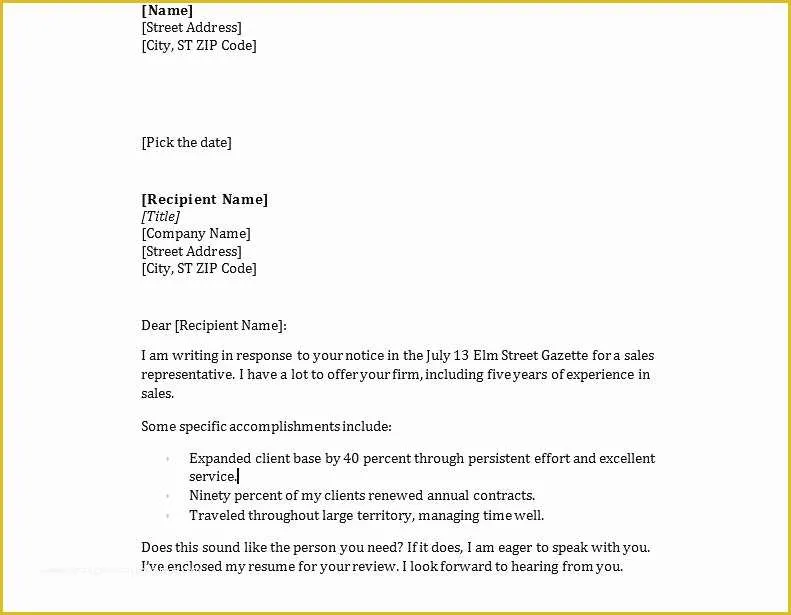Understanding the Importance of a Cover Letter
In the competitive world of job hunting, a well-crafted cover letter is your first opportunity to make a strong impression. It serves as more than just an introduction; it’s a crucial marketing tool that highlights your key skills, experience, and passion for the role. Many job seekers underestimate the significance of this document, but it can often be the deciding factor in whether you land an interview or not. Writing a compelling cover letter allows you to tell your story in a way that a resume alone cannot, making it essential for standing out from other applicants. This is especially true in industries where a personalized touch and a demonstration of genuine interest can make all the difference, making your cover letter the gateway to your professional aspirations.
Why is a Cover Letter Crucial
A cover letter is crucial because it provides context to your resume, elaborating on your qualifications and demonstrating how your skills align with the specific job requirements. It’s your chance to express your personality and enthusiasm, showcasing your genuine interest in the position and the company. Unlike a resume, which is a factual summary, a cover letter allows you to explain any gaps in your employment history or career changes, providing a narrative that helps the hiring manager understand your professional journey. Moreover, it gives you the opportunity to demonstrate your writing skills and attention to detail, both of which are valuable in almost any professional setting. Without a cover letter, you risk being just another resume in a pile, missing out on the chance to make a memorable first impression.
Highlighting Your Skills and Experience
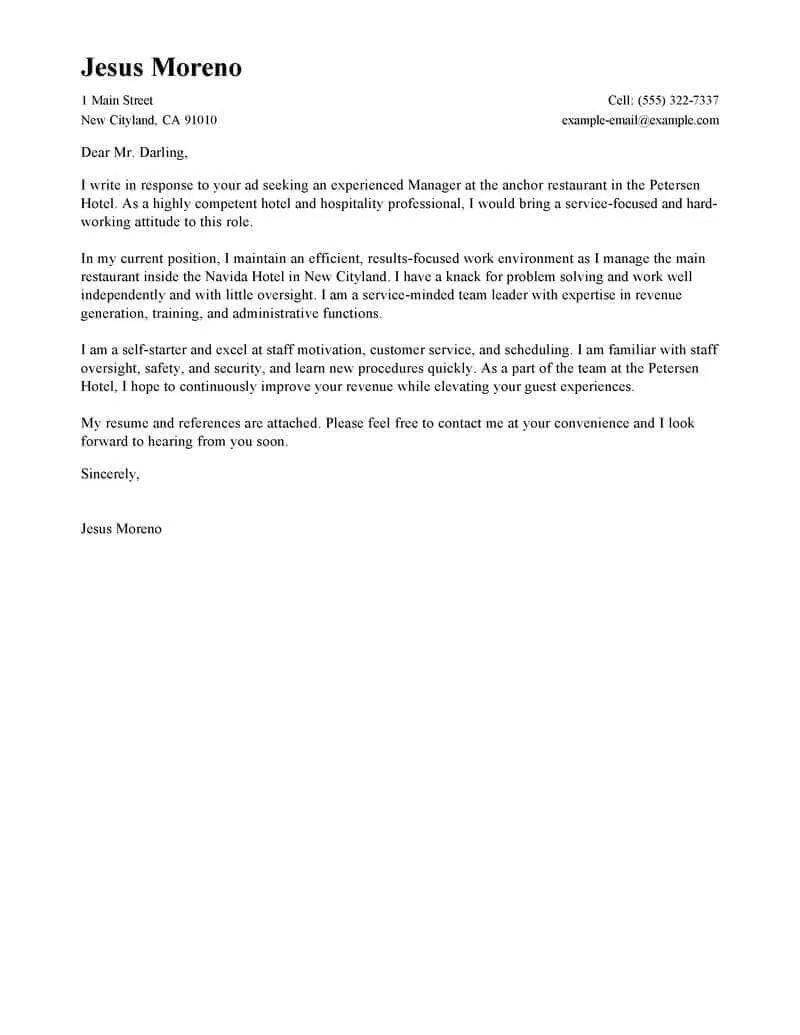
When crafting your cover letter, focus on highlighting the skills and experiences most relevant to the job you’re applying for. Carefully review the job description and identify the key requirements and keywords. Then, select examples from your past work or projects that demonstrate these skills in action. Quantify your achievements whenever possible; for instance, instead of saying you ‘managed projects,’ say you ‘managed projects, resulting in a 15% increase in efficiency.’ This approach provides concrete evidence of your capabilities and helps the hiring manager quickly understand the value you can bring to their team. Tailoring your examples to align with the job’s needs shows that you’ve done your research and are genuinely interested in the opportunity, setting you apart from candidates who send generic applications.
Cover Letter Structure
A well-structured cover letter is easy to read and effectively conveys your message. The standard structure consists of several key components that work together to present a cohesive narrative. Each part of your cover letter should serve a specific purpose, from capturing the reader’s attention to persuading them to consider your application. Following a logical structure ensures that you present your qualifications and enthusiasm in a clear and compelling manner. This structure not only allows the hiring manager to quickly grasp your suitability for the role but also reflects your professionalism and attention to detail, qualities that employers highly value.
Header and Contact Information
Your header should include your name, address, phone number, and email address. This information should be prominently displayed at the top of the letter, ensuring that the hiring manager can easily contact you. Make sure your email address sounds professional. Avoid using nicknames or unprofessional language in your email address. Consider including the date and the recipient’s contact information (name, title, company, and address) below your contact details. This section sets a professional tone and ensures all essential contact information is easily accessible, streamlining the communication process. Keeping your header clean and organized makes a positive first impression.
Greeting and Opening Paragraph
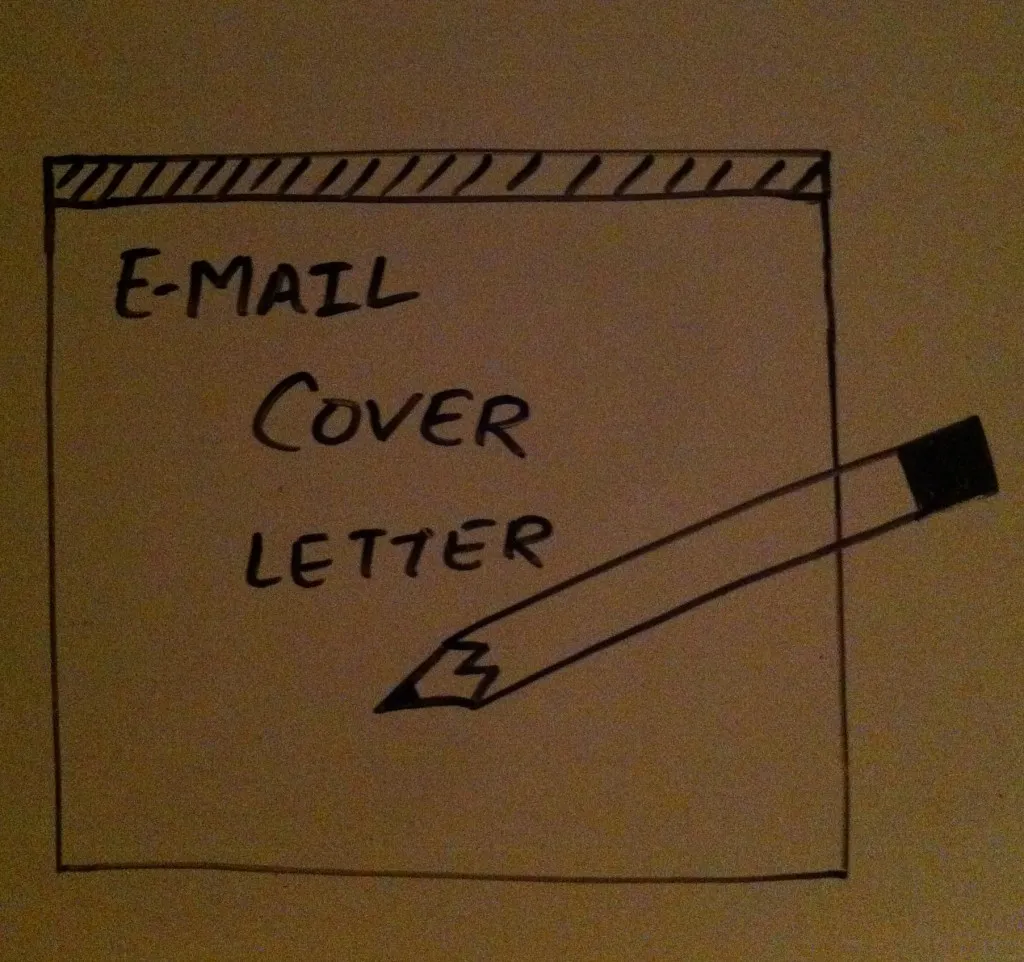
Start your cover letter with a professional greeting, such as “Dear Mr./Ms./Mx. [Last Name],” if you know the hiring manager’s name. If you’re unsure, “Dear Hiring Manager” is acceptable. The opening paragraph should immediately grab the reader’s attention. Briefly state the position you’re applying for and how you learned about it. Then, offer a concise and compelling reason why you are interested and qualified. Your opening should set the tone for the rest of the letter, highlighting your enthusiasm and making the reader want to learn more about you. This opening paragraph is your first chance to show why you’re a strong candidate and should be crafted to make a lasting impression.
Body Paragraphs Showcase Your Value
The body paragraphs are where you showcase your skills and experiences in detail. Use this section to explain how your qualifications match the job requirements. For each key skill or requirement, provide specific examples of how you have demonstrated it in past roles or projects. Quantify your achievements whenever possible to provide concrete evidence of your impact. Use strong action verbs and focus on results. Structure each paragraph to focus on one main point, making your letter easy to read and digest. Make sure your writing is clear, concise, and free of jargon. Show, don’t just tell, by providing compelling examples that back up your claims and show how you can contribute to the company’s success.
Tailoring Your Letter to the Job
One of the most crucial elements of a successful cover letter is tailoring it to the specific job and company. Generic cover letters that are used for multiple applications often fail to impress. Instead, carefully review the job description and identify the key skills and experiences the employer is seeking. Then, tailor your letter to highlight how your qualifications directly align with these requirements. Use the same keywords and phrases that are used in the job description to demonstrate that you have what it takes. Mention specific projects, accomplishments, or experiences that are relevant to the role. This level of personalization shows the employer that you’ve taken the time to understand their needs and are genuinely interested in the position.
Researching the Company
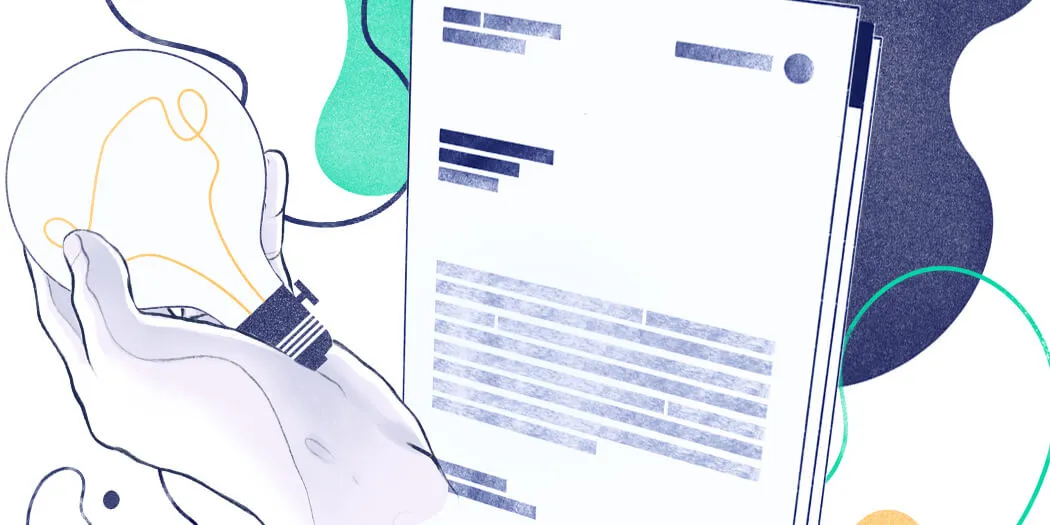
Before writing your cover letter, conduct thorough research on the company you’re applying to. Understanding their mission, values, and current projects will help you tailor your letter to resonate with the employer. Visit the company’s website, read their “About Us” section, and explore their social media profiles to gain insights into their culture and goals. If possible, research the hiring manager or team you would be working with. By demonstrating that you’ve taken the time to learn about the company, you show your genuine interest and commitment. Use the information you gather to connect your skills and experience to their specific needs and priorities, making your application more compelling.
Matching Skills and Requirements
The best cover letters directly match your skills and experiences to the job’s requirements. Carefully review the job description and create a list of the required skills, qualifications, and experiences. Then, write specific examples from your background where you have demonstrated these skills. Use the same language and keywords used in the job posting to highlight your qualifications. For instance, if the job requires ‘project management experience,’ provide examples of projects you’ve successfully managed and the results you achieved. By clearly and concisely connecting your skills to the employer’s needs, you make it easy for the hiring manager to see how you can contribute to their team. This targeted approach increases your chances of standing out from the competition.
Closing Paragraph
Your closing paragraph should reiterate your interest in the position and thank the hiring manager for their time and consideration. Express your enthusiasm for the opportunity and reiterate your key qualifications. Clearly state your availability for an interview and include a call to action, such as “I look forward to hearing from you soon.” Keep the tone professional and confident. Proofread the entire letter one last time before you finalize it. A well-crafted closing paragraph leaves a lasting positive impression and encourages the hiring manager to move forward with your application.
Expressing Enthusiasm and Call to Action
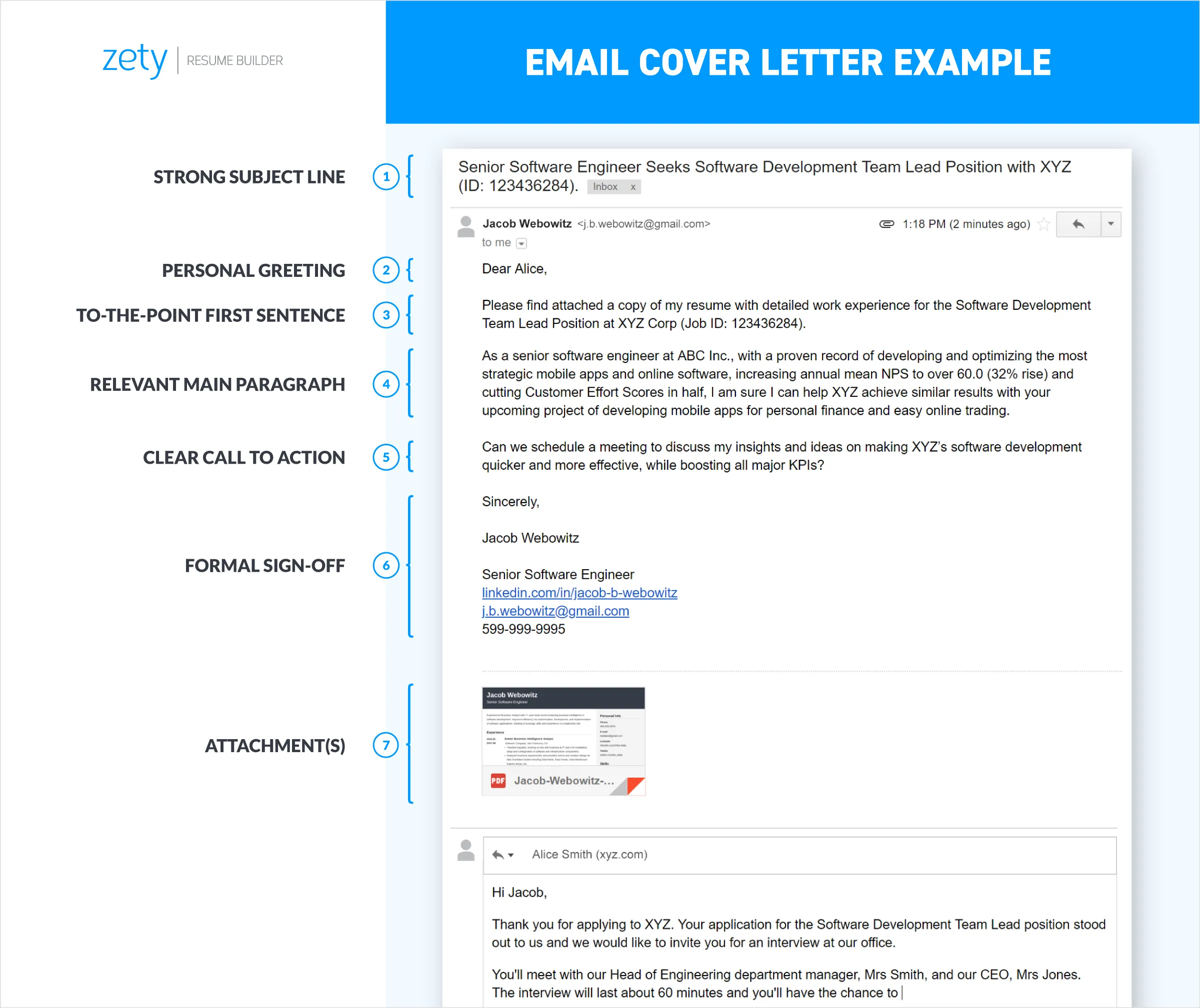
Throughout your cover letter, express your enthusiasm for the opportunity and the company. Show that you’re genuinely excited about the possibility of joining their team. Injecting your personality and passion into your writing can help you stand out from other candidates. End your letter with a clear call to action, prompting the hiring manager to take the next step. This might involve stating your availability for an interview or offering to provide additional information. Make it easy for the employer to respond to your application by including your contact information again, making it simple for them to reach out. A strong call to action is essential to making your cover letter effective and memorable.
Proofreading and Formatting
Before submitting your cover letter, meticulously proofread and format it to ensure it’s polished and professional. Check for any grammatical errors, typos, or inconsistencies in your writing. A clean, well-formatted cover letter demonstrates your attention to detail and commitment to quality, reflecting positively on your skills. Ensure your font is easy to read, such as Times New Roman or Arial, and use a consistent font size. Use proper spacing and formatting to improve readability, making it easy for the hiring manager to navigate your letter. Have a friend or colleague review your cover letter as a second pair of eyes. Proofreading is an essential step in presenting yourself as a capable and detail-oriented candidate. Proper formatting and error-free text greatly enhance your chances of making a positive impression.
Common Mistakes to Avoid
Avoid common cover letter mistakes that can undermine your application. These mistakes can range from poor formatting to a lack of personalization, and can significantly reduce your chances of landing an interview. By being aware of these pitfalls, you can ensure your cover letter is professional, persuasive, and helps you stand out from the competition. Avoiding these mistakes is a crucial step in the job application process, helping you make a positive first impression and increase your chances of success.
Incorrect Grammar and Typos
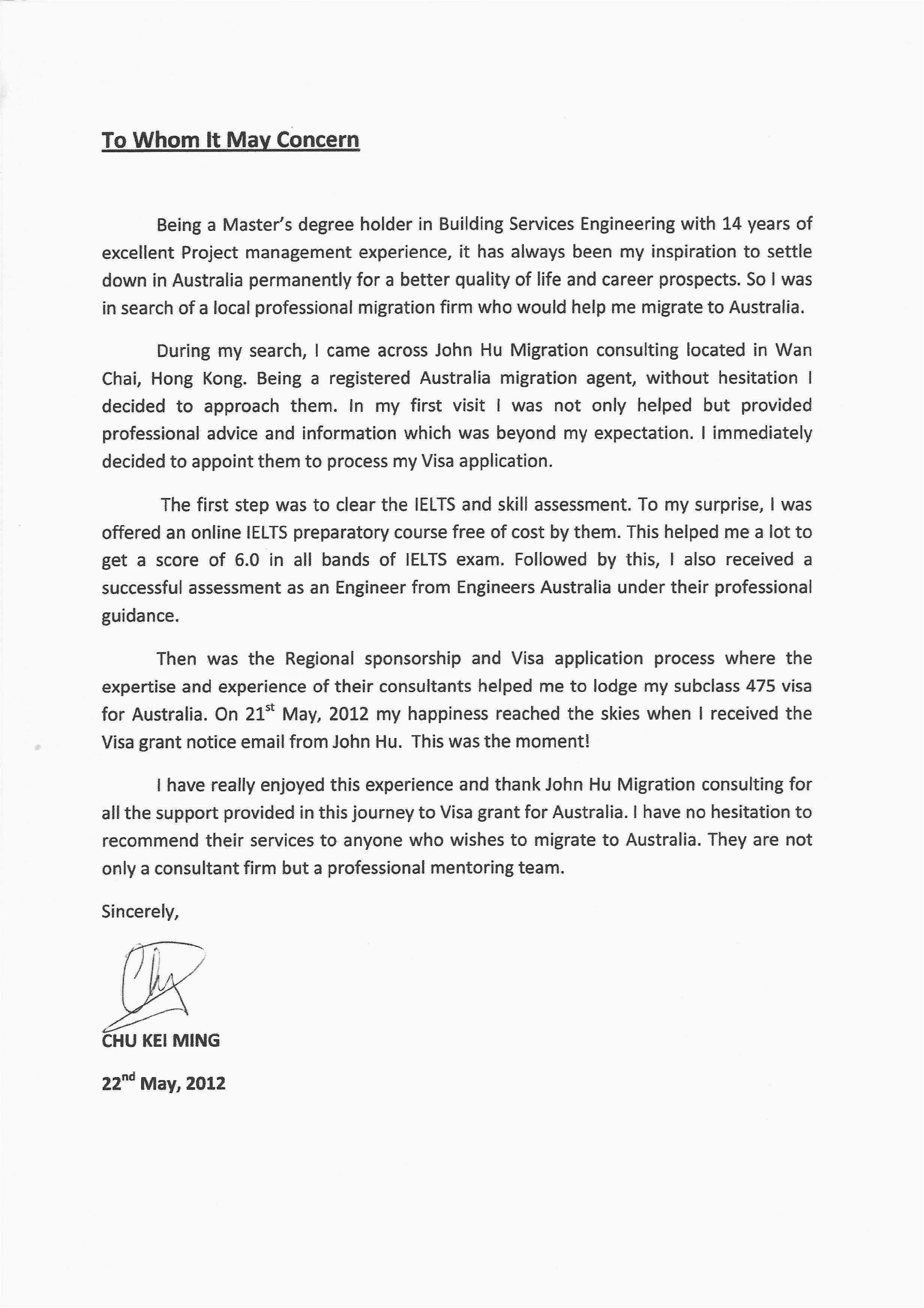
Grammatical errors and typos can make your cover letter appear unprofessional and careless. Before submitting your cover letter, carefully proofread it for any mistakes in grammar, spelling, punctuation, and sentence structure. Errors can distract the hiring manager from your qualifications and make a negative impression. Consider using grammar-checking software or asking a friend to proofread your letter. Ensuring your cover letter is free of errors demonstrates your attention to detail and your commitment to quality, essential qualities for any job.
Generic Cover Letters
Avoid sending generic cover letters that are not tailored to the specific job or company. Generic letters often lack the personalization needed to make a strong impression. Always customize your cover letter to the specific role you’re applying for by highlighting relevant skills and experiences. Show that you’ve researched the company and understand its needs. By demonstrating your unique qualifications and genuine interest, you’ll significantly increase your chances of getting noticed. Tailoring your letter shows that you have taken the time to understand the role and are genuinely enthusiastic about the opportunity.
Length and Tone Considerations
Keep your cover letter concise and focused. Aim for one page, and avoid including unnecessary information. Use a professional and enthusiastic tone throughout your letter. Make sure your language is clear, direct, and engaging. Avoid being overly casual or informal, as this could undermine your credibility. A carefully crafted tone conveys your professionalism and demonstrates your communication skills. Maintaining a professional and engaging tone in your cover letter will increase your chances of making a positive impression on the hiring manager and securing an interview.
